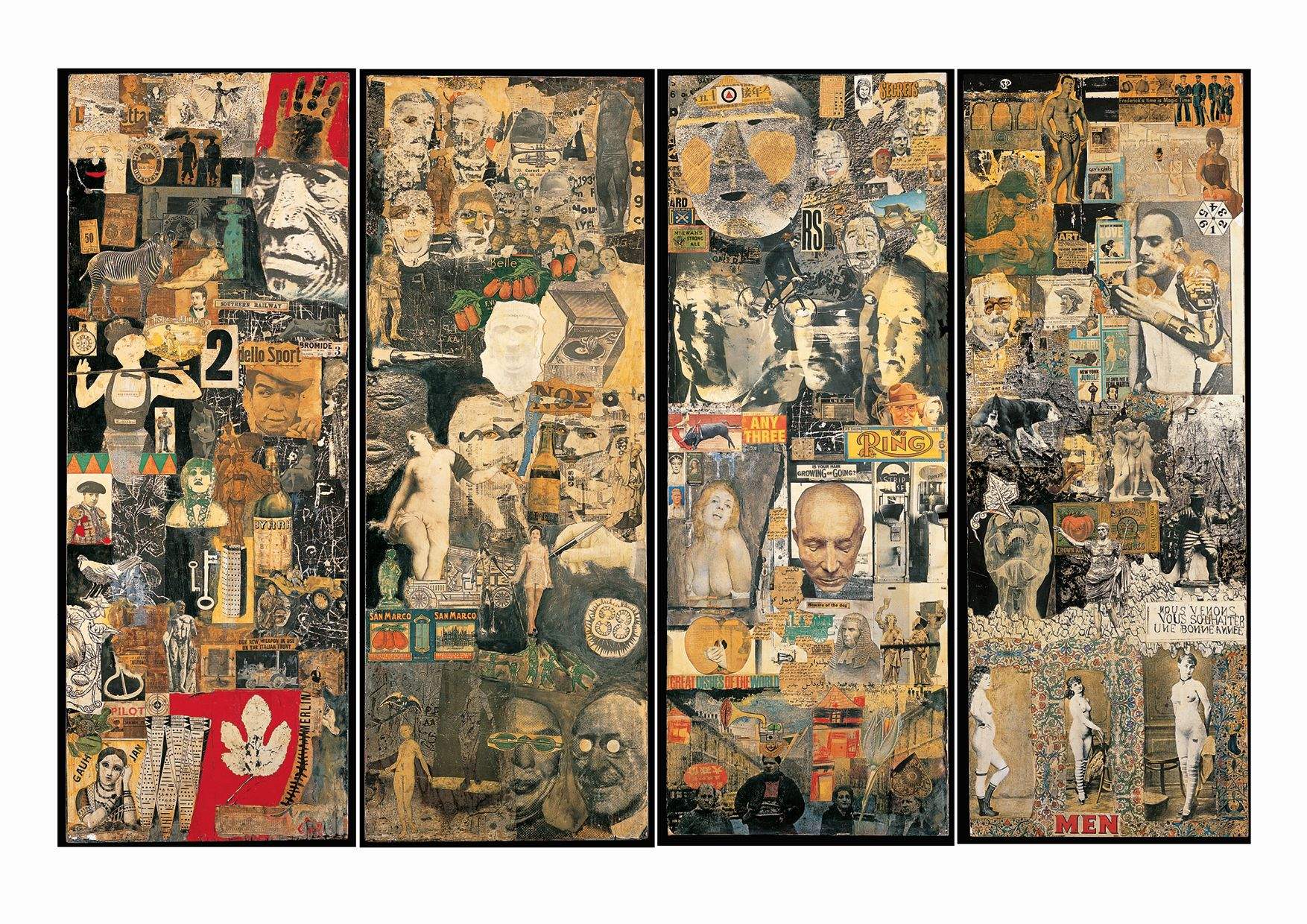Nanya Jhingran
- Pronouns:
- She/her, they/them
- Dept:
- COLLEGE TRANSFER
- Title:
- FULL TIME FACULTY
- Campus:
- South Seattle College
- Office:
- RSB 185
- Phone:
- 206/934-5224
- Hours:
- by appointment
Courses
- Course Title: Creative Writing: Stories
- Subject: ENGL&
- Catalog #: 237
- Credits: 5
- Class Day: ARR
- Start Time: ARR
- End Time: ARR
- Building: SS - Online (SSONL)
- Room:
- Section: 75
- Class#: 42548
- Course Title: Intercultural Communication
- Subject: HUM
- Catalog #: 105
- Credits: 5
- Class Day: ARR
- Start Time: ARR
- End Time: ARR
- Building: SS - Online (SSONL)
- Room:
- Section: 77
- Class#: 46475
- Course Title: Cultural Studies: Exile And Migration
- Subject: HUM
- Catalog #: 220
- Credits: 5
- Class Day: TTH
- Start Time: 10:45 AM
- End Time: 12:15 PM
- Building: SS - University Center (SSUNI)
- Room: 0200
- Section: 01
- Class#: 42557
- Course Title: Cultural Studies: Exile And Migration
- Subject: ENGL
- Catalog #: 261
- Credits: 5
- Class Day: TTH
- Start Time: 10:45 AM
- End Time: 12:15 PM
- Building: SS - University Center (SSUNI)
- Room: 0200
- Section: 01
- Class#: 42544
- Course Title: Creative Writing: Explorations
- Subject: ENGL&
- Catalog #: 236
- Credits: 5
- Class Day: ARR
- Start Time: ARR
- End Time: ARR
- Building: SS - Online (SSONL)
- Room:
- Section: 75
- Class#: 40511
- Course Title: Intercultural Communication
- Subject: HUM
- Catalog #: 105
- Credits: 5
- Class Day: TTH
- Start Time: 10:45 AM
- End Time: 11:50 AM
- Building: SS - Auto Technology (SSAUT)
- Room: 0204
- Section: 01
- Class#: 40075
- Course Title: Intercultural Communication
- Subject: HUM
- Catalog #: 105
- Credits: 5
- Class Day: ARR
- Start Time: ARR
- End Time: ARR
- Building: SS - Online (SSONL)
- Room:
- Section: 75
- Class#: 40077
Personal Statement
----
2025-2026 Course Offerings
Summer 2025
ENGL&238: Creative Writing: Poetries
Modality: ONLINE
Instructor: Nanya Jhingran
Description or Theme:
Will this be the summer you finally become a poet? Would you like to spend some weeks sitting in the sun, reading carefully curated selections of poems, & developing your own poetic voice?
This class introduces creative writers to the field and practice of poetry. It is designed to be accessible to everyone: you need no prior experience with poetry to take or excel in this course. All you need is a willingness to dive into your sense of curiosity and creativity!
Over the course of the quarter, you will build a foundational understanding of what poems are, how they make sense, the many, many forms they can take, and why people have turned to poetry as a form of expression across cultures, time-periods, and individual experiences. You will try your hand at a series of weekly writing prompts to expand your skills, play with different approaches to poetry, and find which forms feel generative and exciting to you.
Throughout, our emphasis will be on practice over product: you do not have to produce perfect poems but an active practice of writing poetry that you can take with you once the class is over!
ENGL&102: Composition II
Modality: ONLINE
Archive Fever!

A simple Google search on the word “archive” reveals the following definitions: (1) “a place in which public records or historical materials (such as documents) are preserved,” or (2) “a repository or collection especially of information.” The archive, simply understood, is a place where objects of various sorts are collected with the aim of preservation, and where, as a result of being collected to be preserved, these objects are transformed into certain types of information about places, people, and time. An archive signals its contents as necessary information. When we seek information, we (not just historians but media personnel, community members, creatives, scholars, and everyday people) turn to archives as trustworthy containers of the truth of the past.
The archive, however, is not neutral. It is structured by power–who gets to establish an archive, who gets to decide what goes in it, who gets to decide how its contents are read or made available–and therefore contains gaps, silences, exclusions, and erasures. In this course, we will explore how archives produce knowledge about the past, how we can be critical and ethical in our engagement with these repositories of historical information, and how we can take a radical approach to the past by producing archives that affirm and record histories that have been left out of traditional and official archives.
We will explore how poets, artists, archivists, and communities have challenged and reimagined archival practice to draw inspiration for our own inquiry-based archival projects. In this process, we will learn how to engage and produce primary and secondary research, define and refine the terms of our inquiry, anchor in a sense of shared social and cultural ethics, and become advocates for the present and history of our communities and cultures.
Degrees & Certificates
MFA, Creative Writing: Poetry, University of Washington [2023] MA, English Literature and Cultural Studies, University of Washington [2019] BA, Psychology and Neuroscience, Lewis and Clark College [2016]